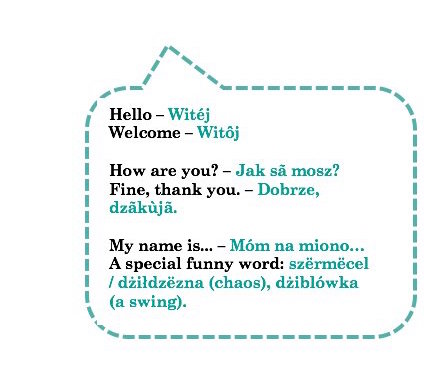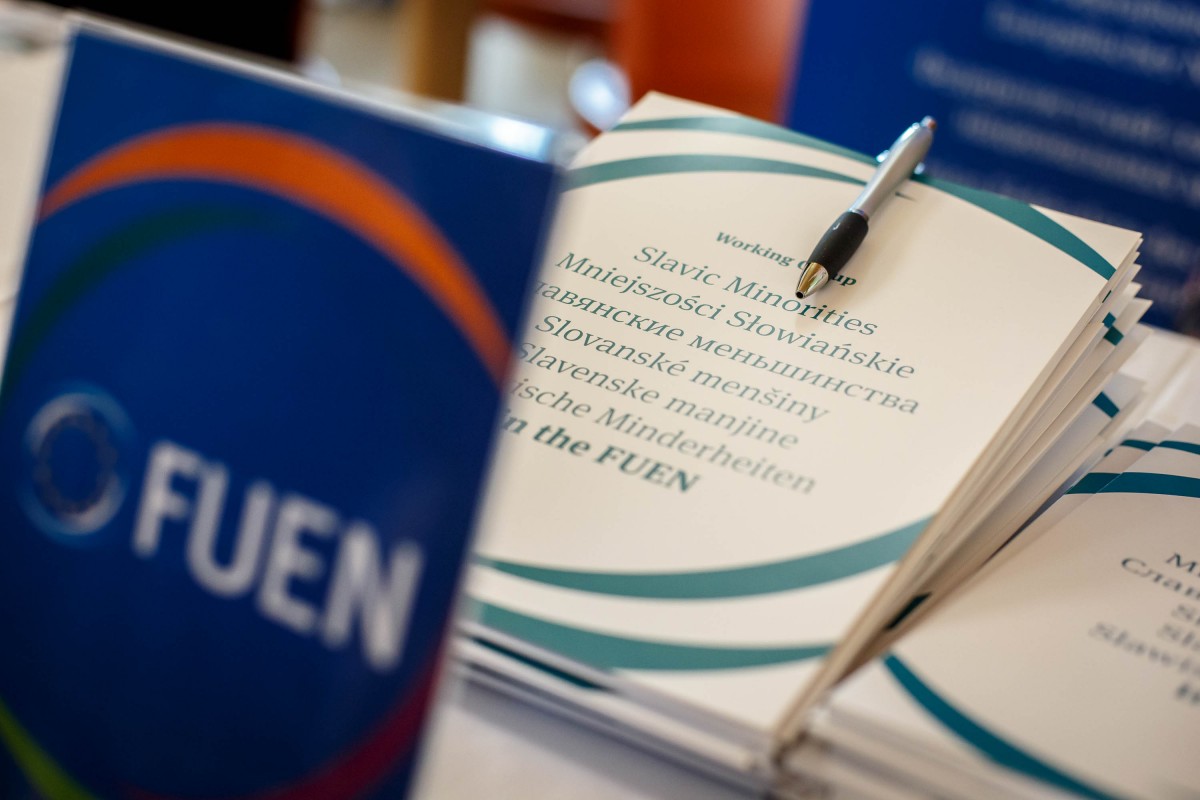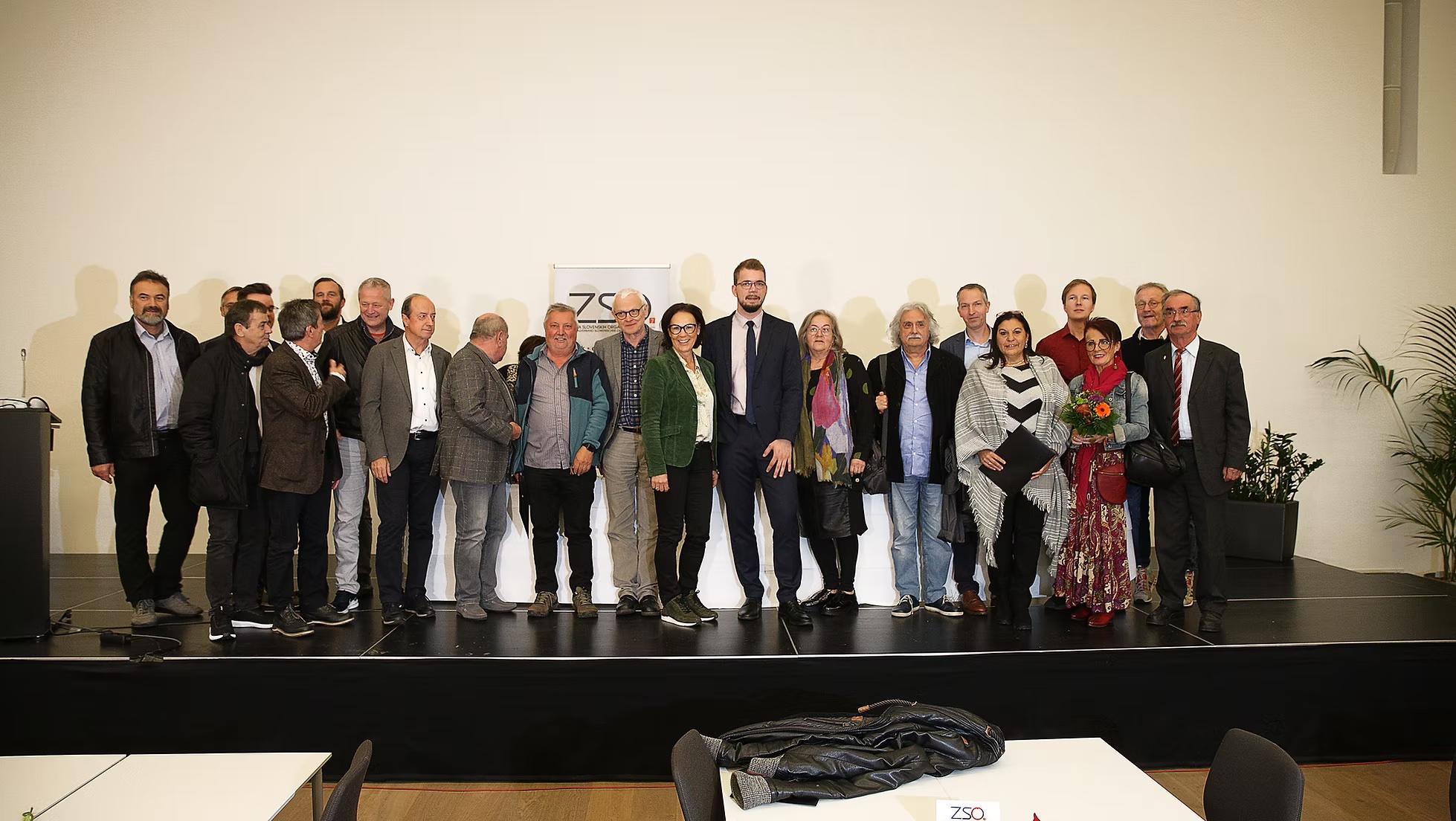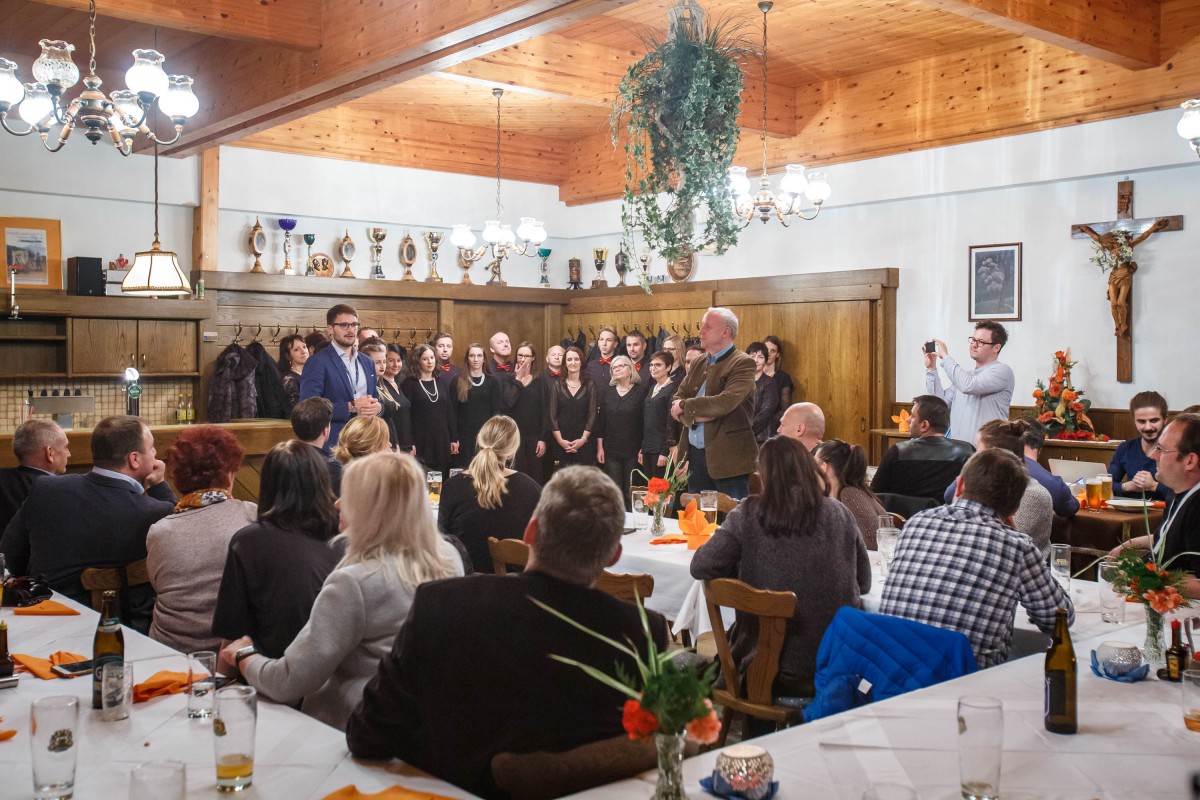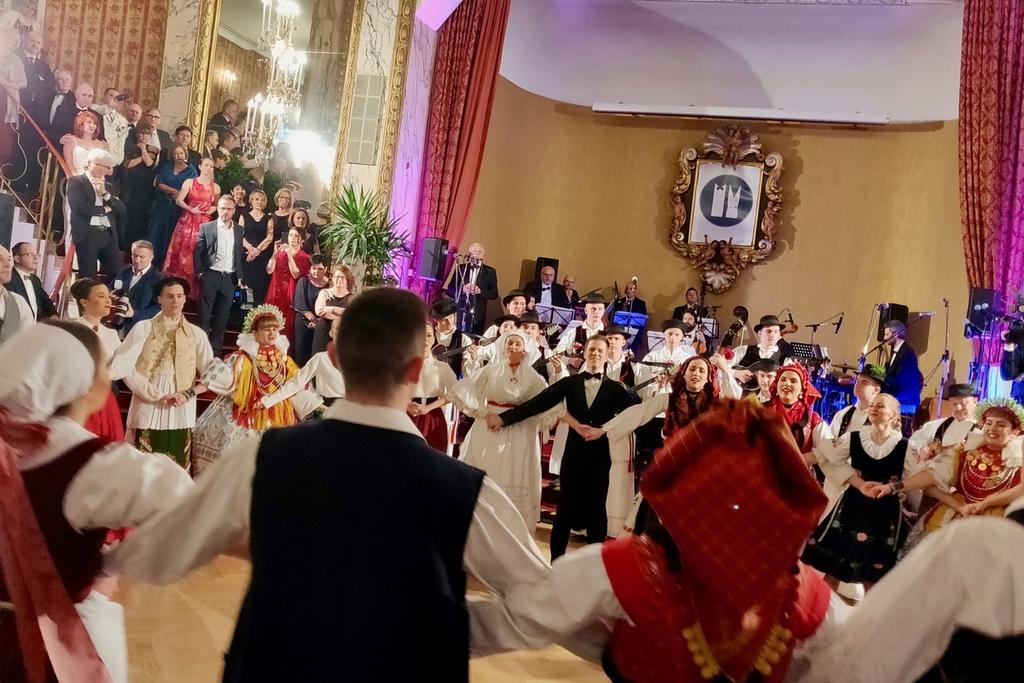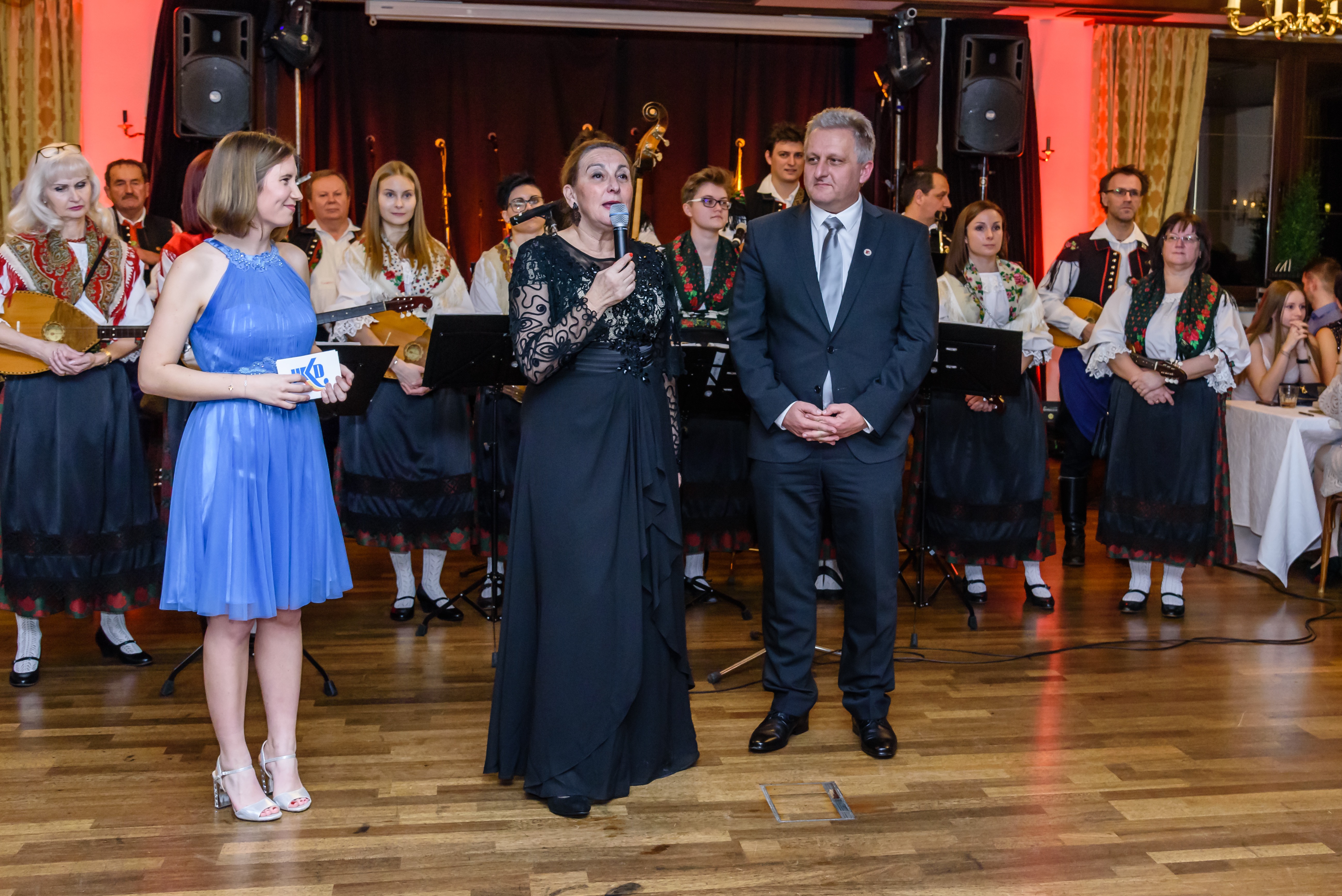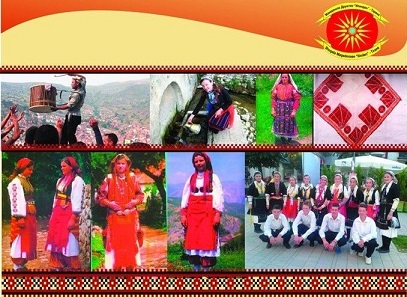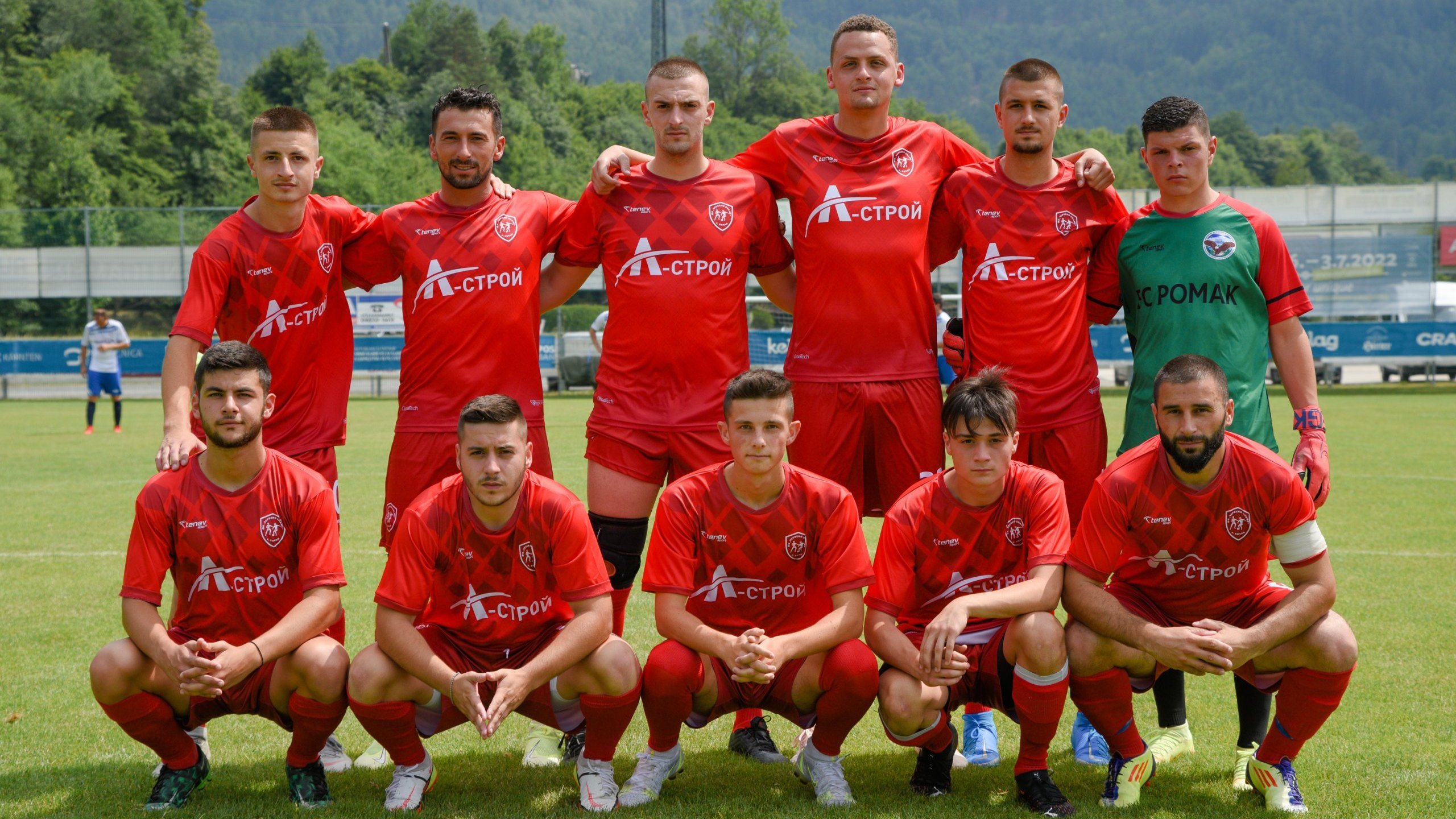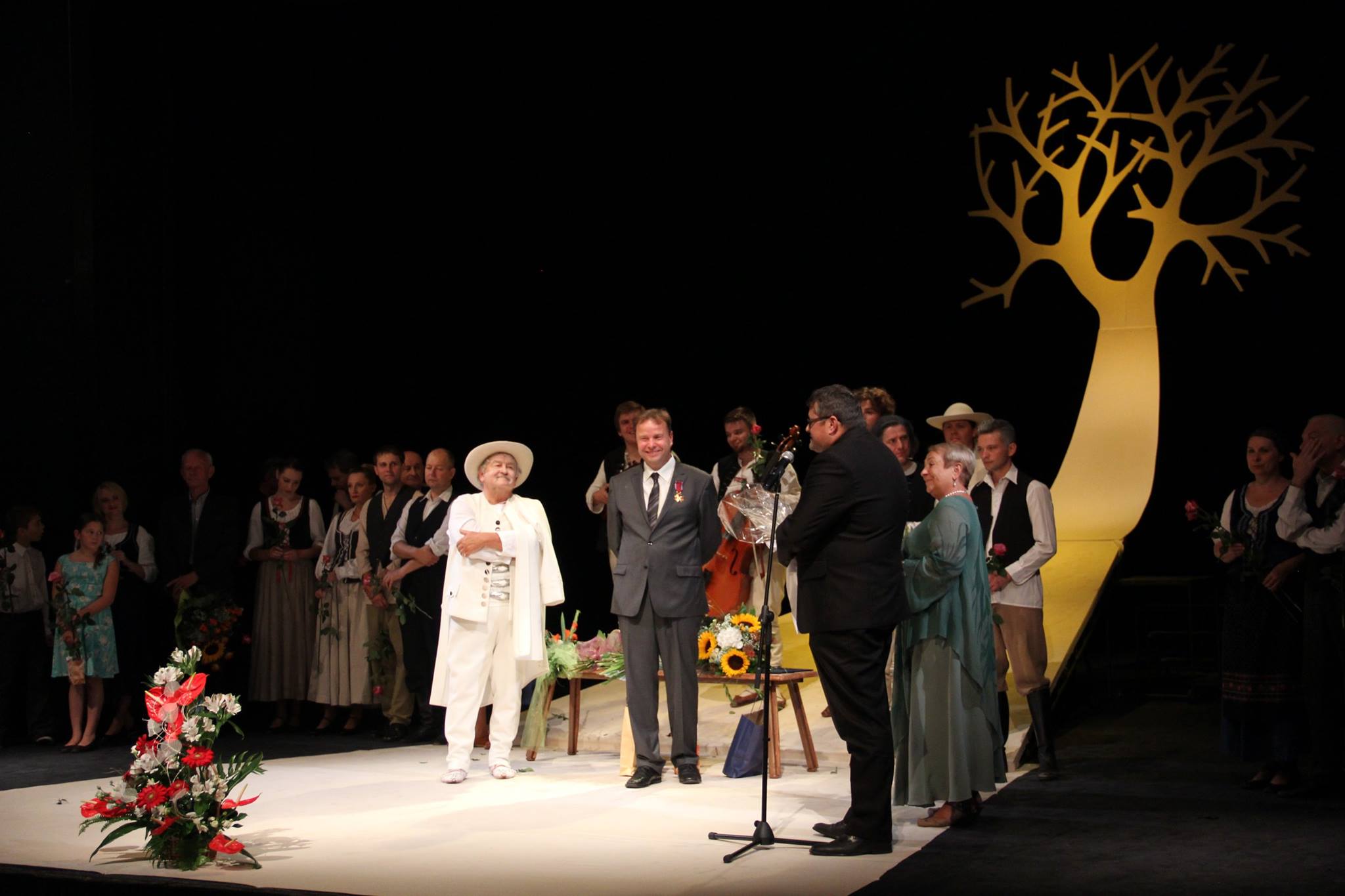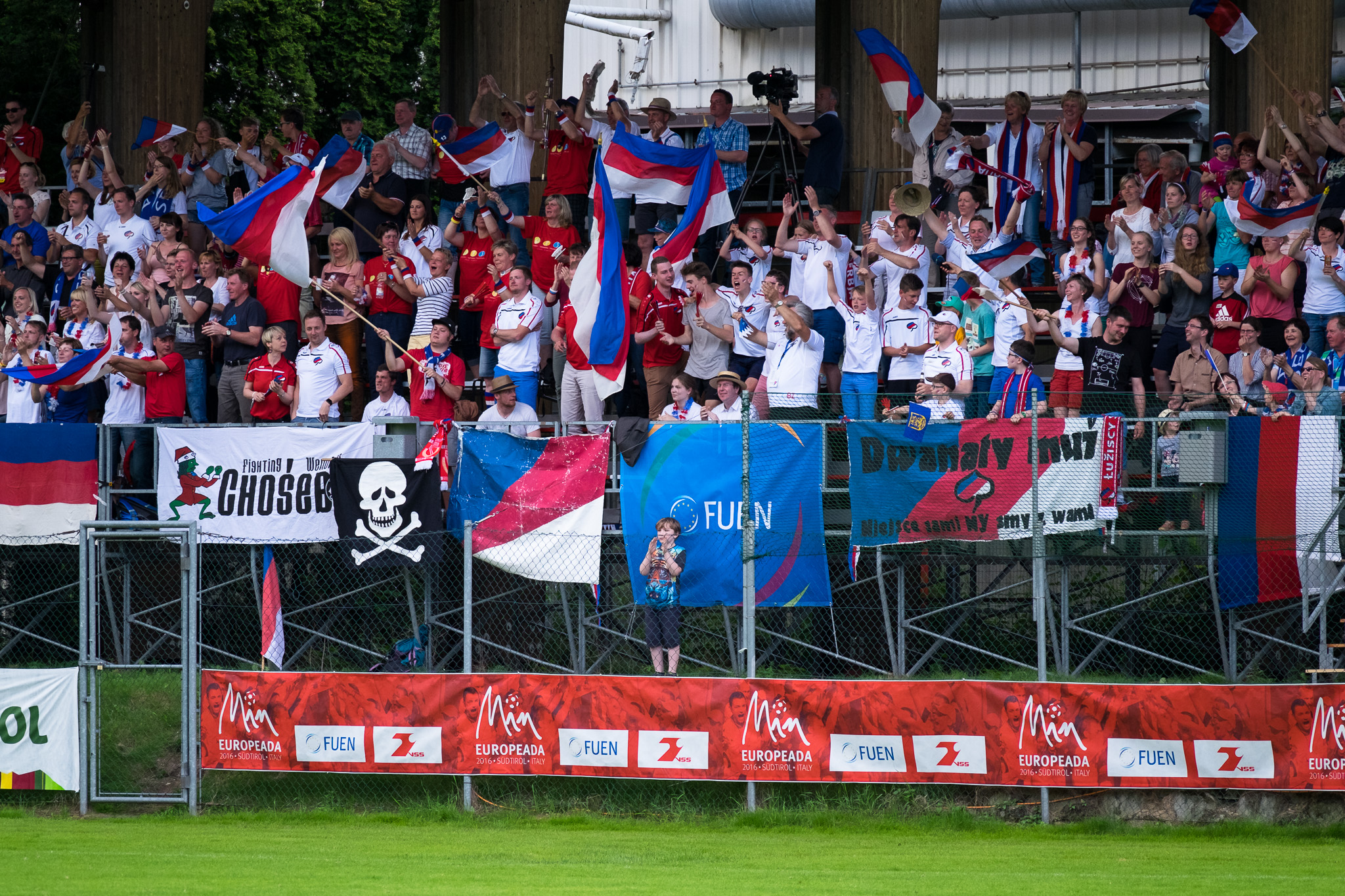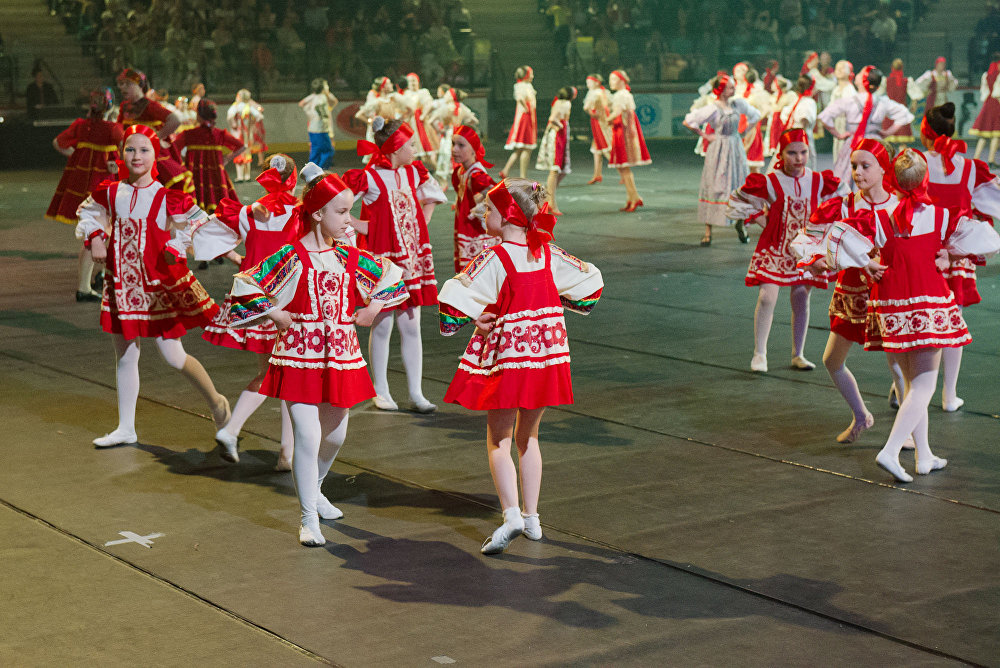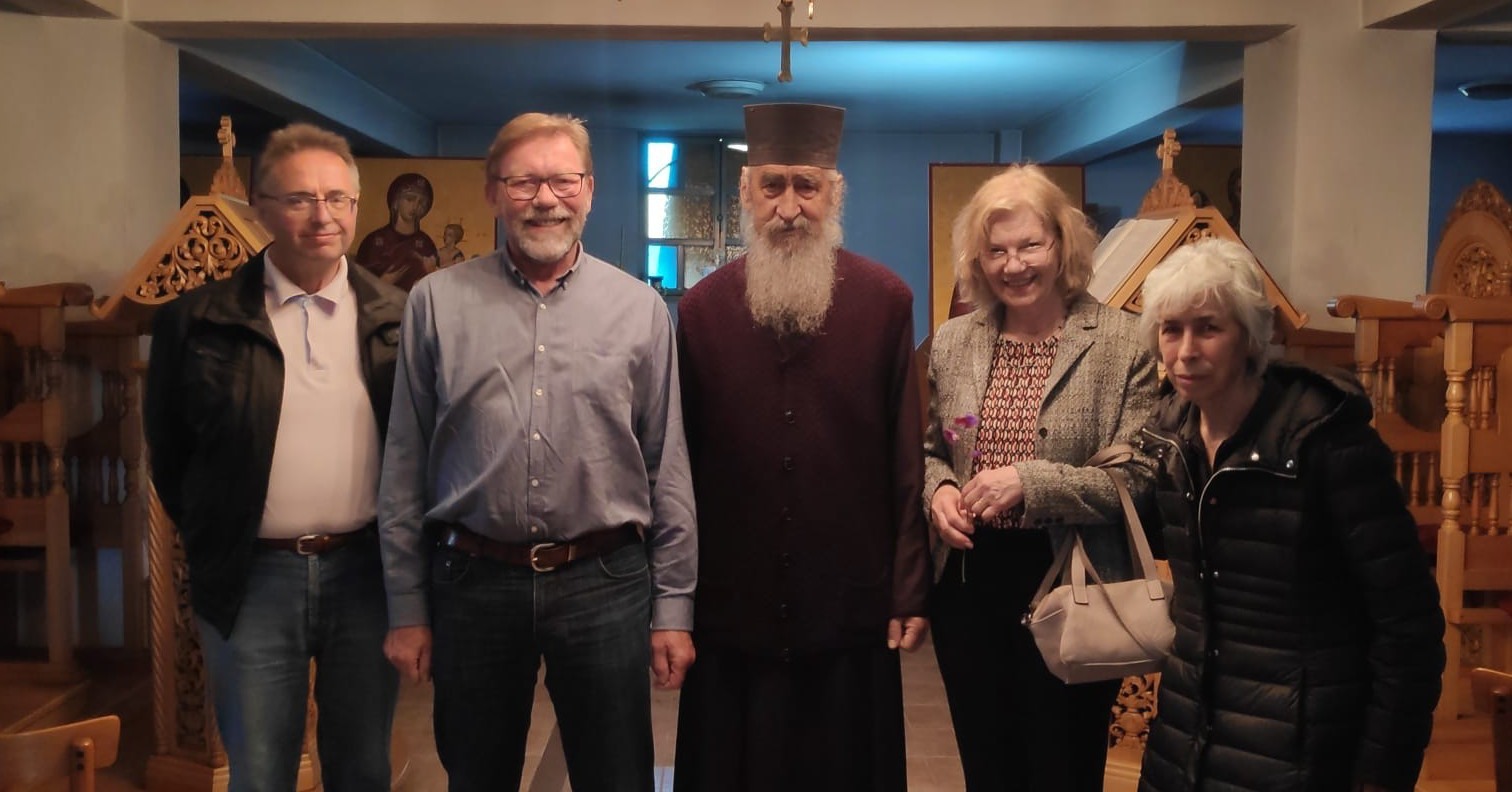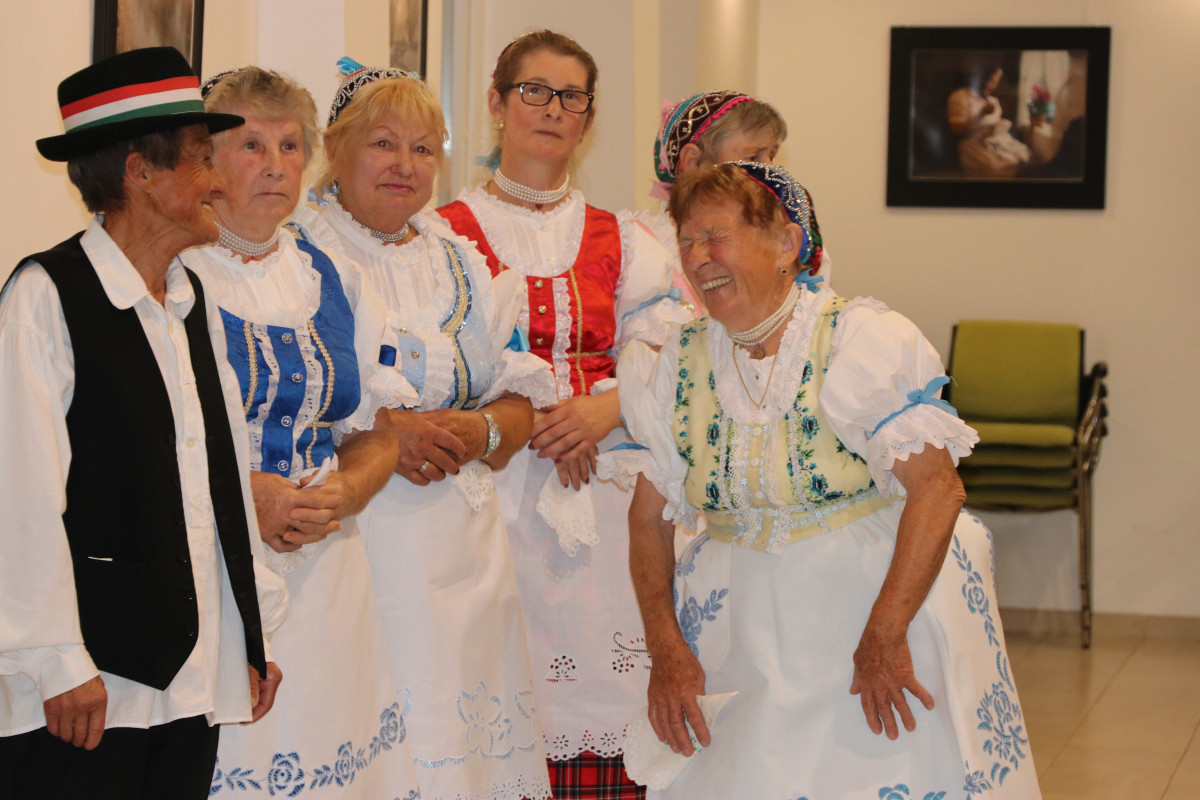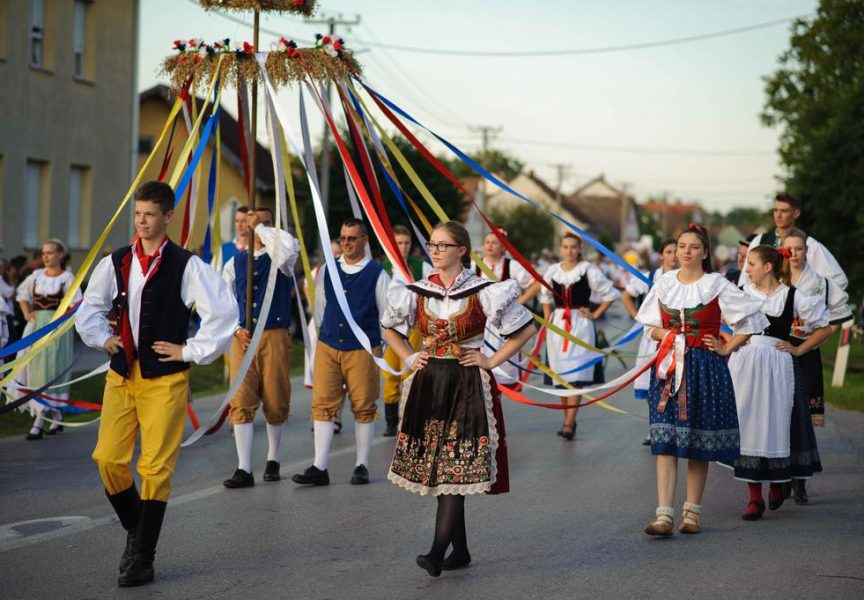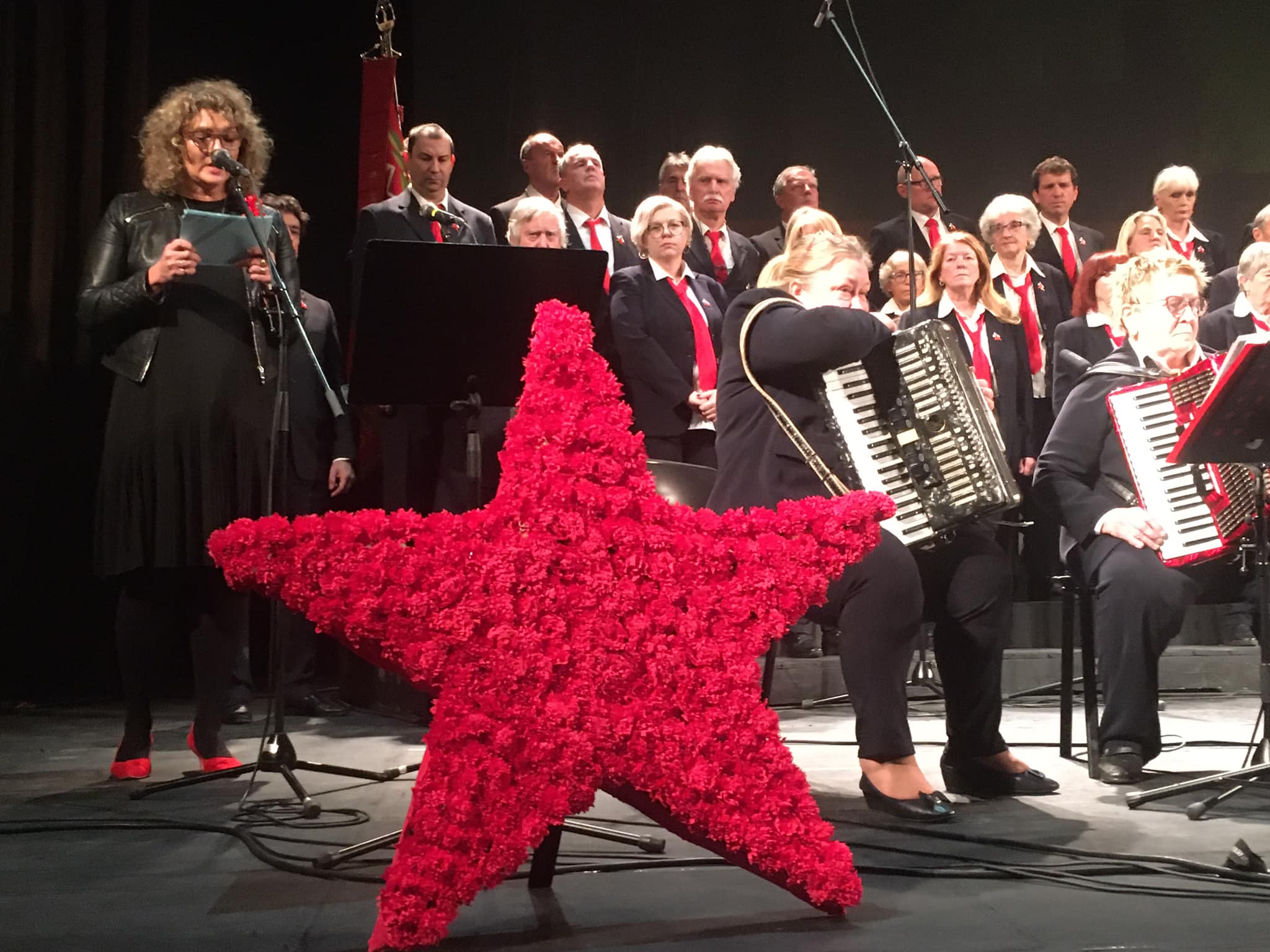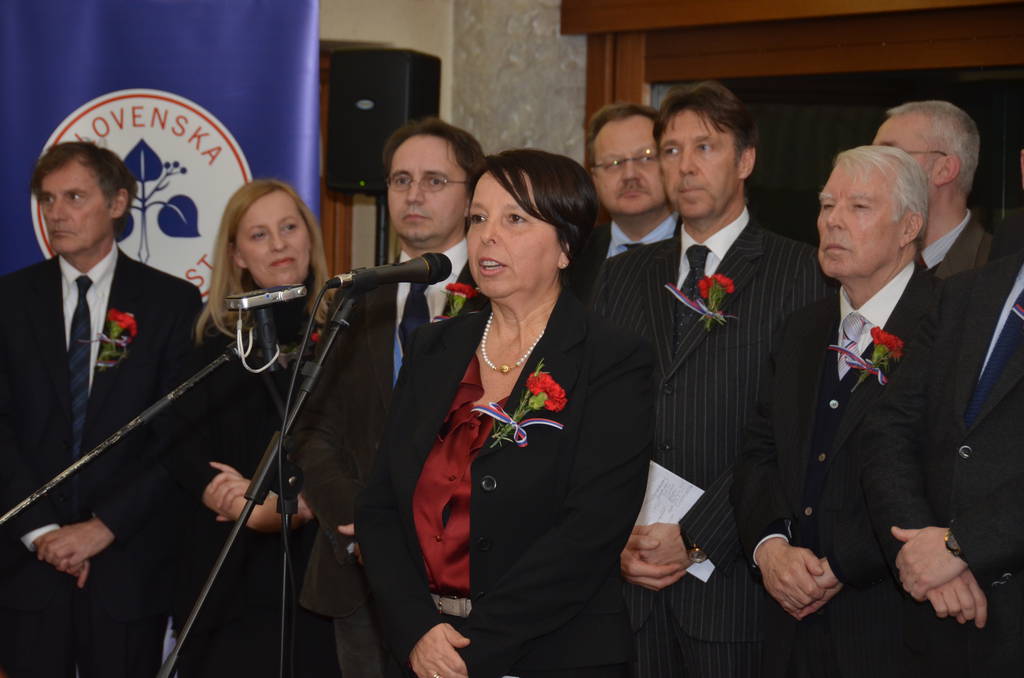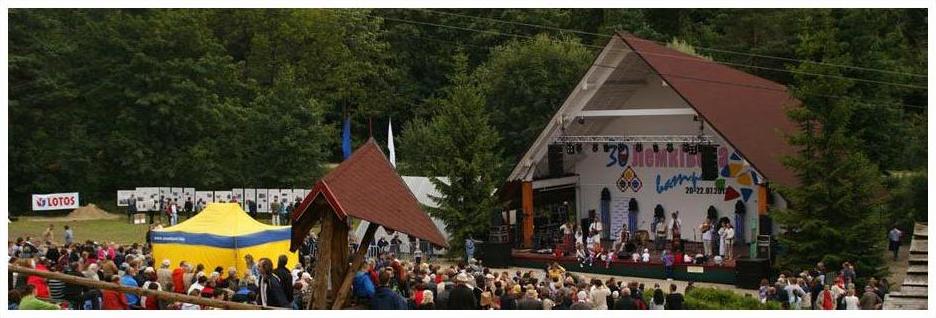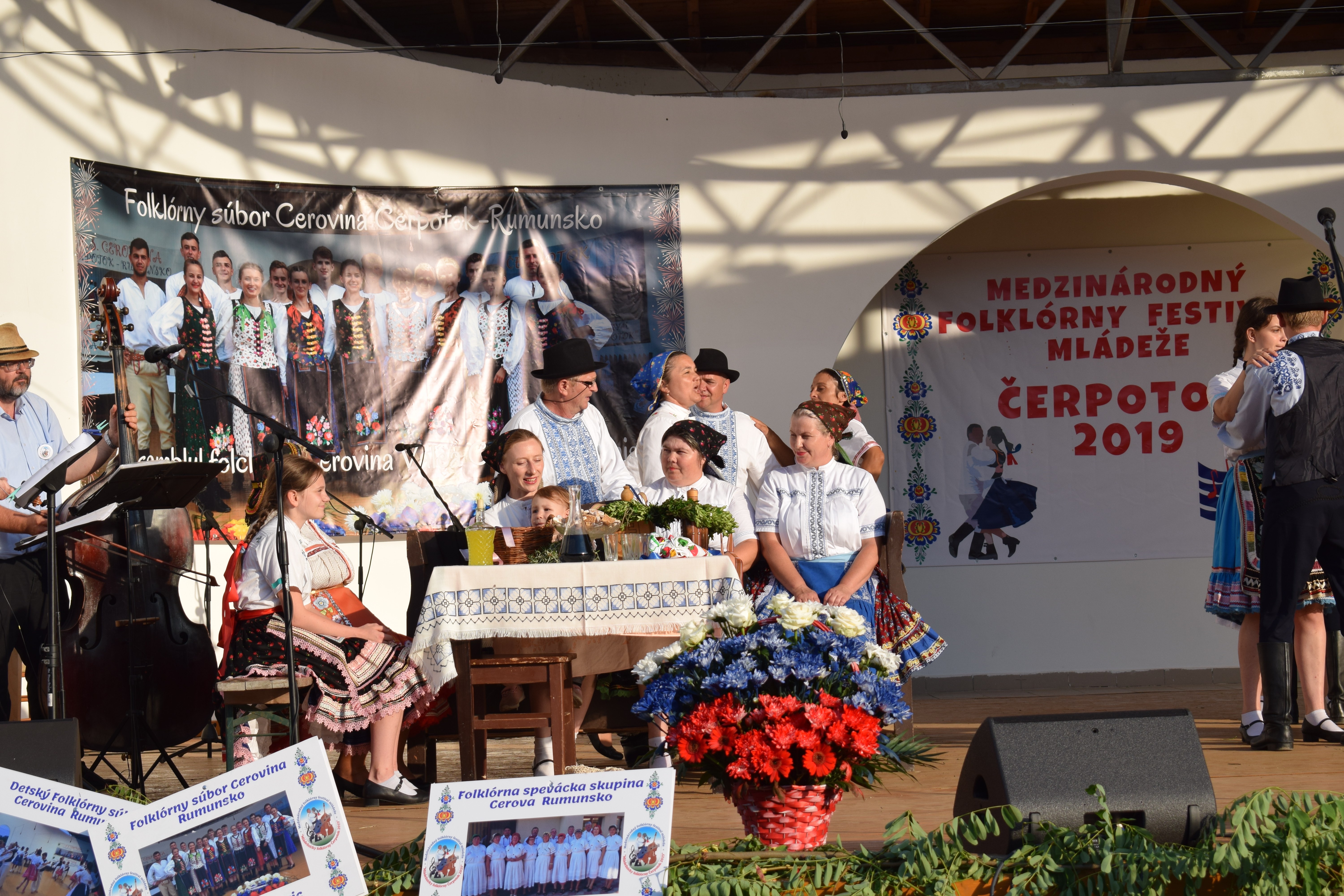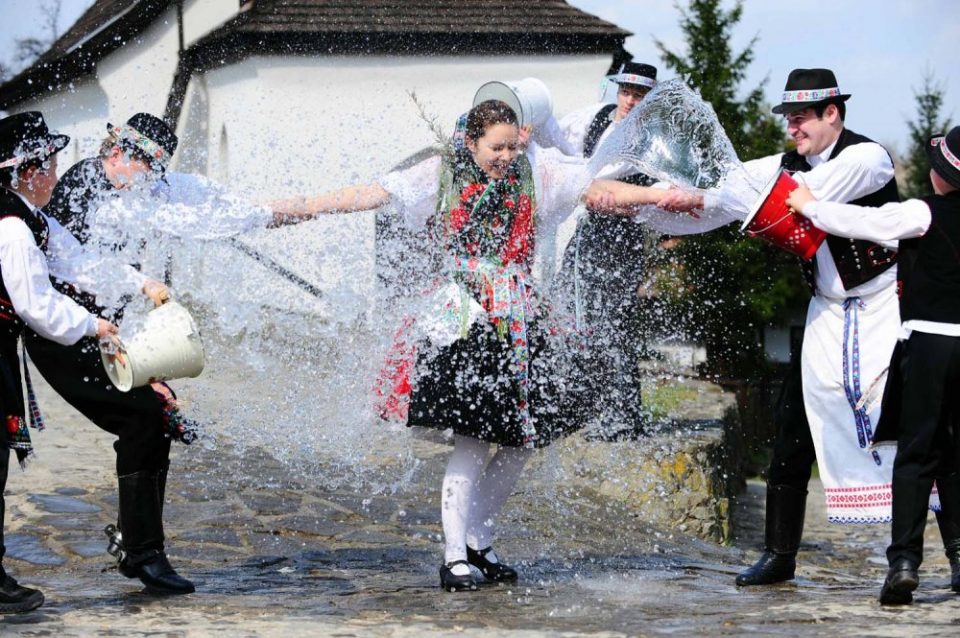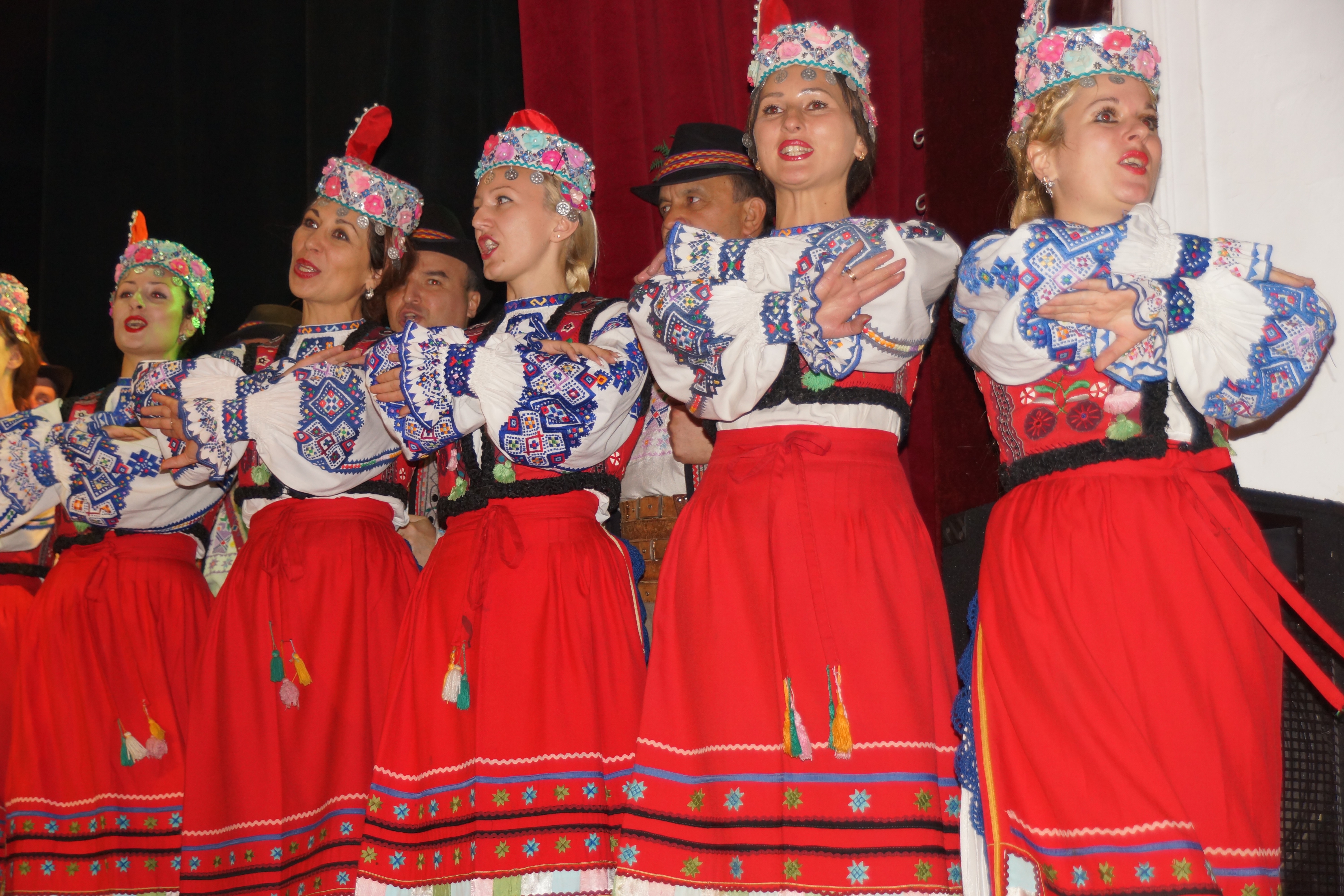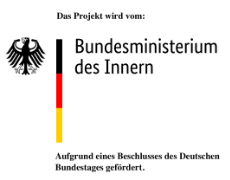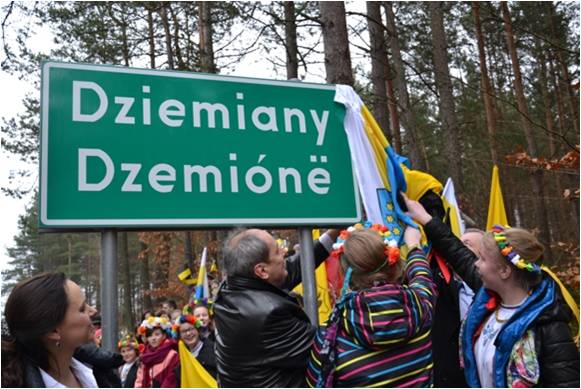
Association of Kashubians in Poland
Kaszëbskò Pòmòrsczé Zrzeszenié
The Kashubians originally belong to the Pomeranians and are the last Slavic-Pomeranian community that still maintains its own culture and language today. The Kashubians live mainly in the northern part of Poland near the Baltic Sea, which first belonged to Eastern Pomerania and later to Western Pomerania, and hence in the course of history have alternately been under Polish and German rule. This is also reflected in the language, which has many words adapted from German, such as "Rumtopf". The language has about 50,000 speakers and around 50 dialectal variants. There are several theories about the origin of the name "Kashubian". The only certainty is that it was first mentioned in a document in 1283. Large parts of the original Kashubia and many cultural and linguistic traditions have been affected by assimilation and Germanisation. Only in the last 150 years the minority's sense of identity was revived and today Kashubian is again taught in schools and many associations maintain the cultural heritage and the written language. The best-known Kashubian figure in literature is probably Oskar Matzerath from Günter Grass' "The Tin Drum".
